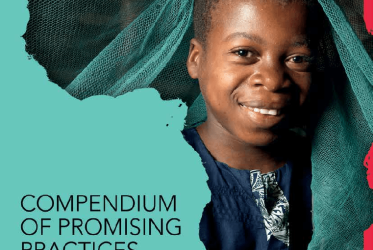Two workshops took place simultaneously in Chipata and Lusaka, drawing participants from WCC member churches, faith communities, people living with HIV, adolescents and youth, and people with disabilities for a highly interactive training.
The core objective of the training workshops was to reflect on the impact of exclusive claims to faith healing on HIV treatment adherence.
Speaking on behalf of the National AIDS Council of Zambia, Ellen Chanda expressed appreciation that faith leaders had once again demonstrated high levels of commitment towards responding to HIV.
“Faith leaders play a critical role in the overall response to HIV,” she noted.
The workshops examined how the faith community can address the challenges brought by some faith leaders who discourage people living with HIV from utilizing antiretroviral therapy, thereby compromising their adherence and health at large.
Approaching the theme from a human dignity and human rights framework, participants came up with concrete proposals on how to embrace more holistic and life-giving theologies in the context of HIV. Having emerged with concrete plans of action, the participants undertook to become change agents in their respective communities in enabling HIV adherence.
WCC Ecumenical HIV and AIDS Initiatives and Advocacy Southern Africa regional coordinator Prof. Ezra Chitando said: “We have lived long enough with HIV to know that only joint action can guarantee us success.”
WCC, Council of Churches in Zambia to host HIV treatment consultation







